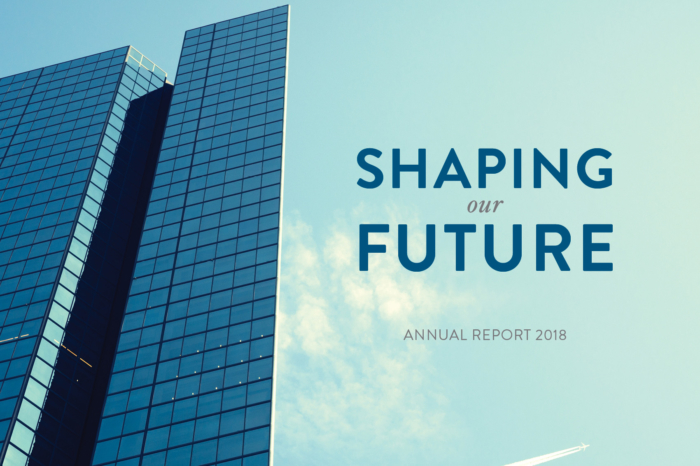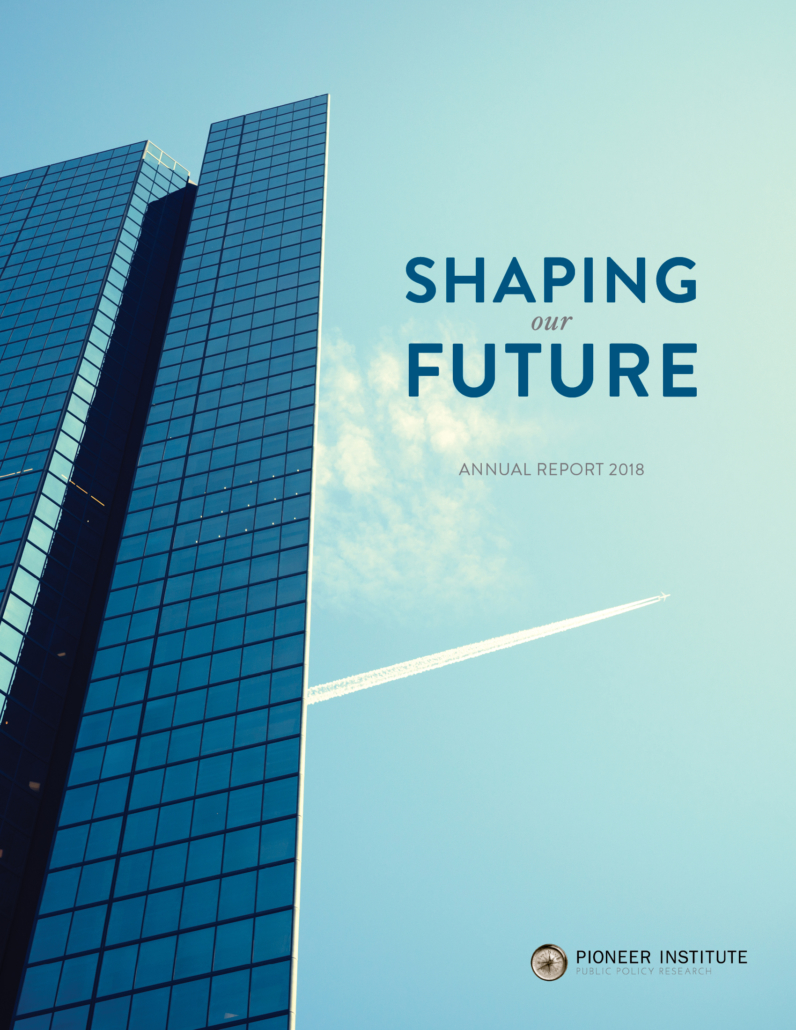Presenting Pioneer’s New Annual Report: “Shaping Our Future”
/0 Comments/in Blog /by Editorial StaffWe at Pioneer Institute work every day to promote policies that result in better school options, broader access to affordable healthcare, improved public services and infrastructure, and a more attractive climate for innovators and capital.
In Pioneer’s 2018 Annual Report (available to download or view online here), we share our work to drive this agenda in the Commonwealth and across the country. We share progress at the MBTA, even as much work remains. And we share success in expanding economic opportunity.
In this report back to you, our community of supporters, we change our format to focus on impact. We do this understanding that we cannot control the future any more than one controls one’s luck. In “Shaping Our Future,” we aim to show how we’re working to shape probabilities for success, with an emphasis on liberty and giving more individuals and families opportunity to pursue happiness.
None of this work and the impact it is having would be possible without you. Pioneer is, as Alexis de Tocqueville put it, a voluntary association of free individuals. Your choosing us, placing your trust in and committing resources to Pioneer, is sincerely gratifying.
If you’re already a member, thank you for your support. If you are not yet, please consider joining today. Your tax-deductible gift will help us continue our work!
Stay Connected!
Recent Research:
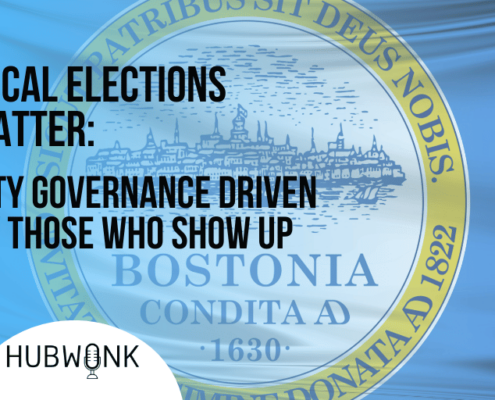
Local Elections Matter: City Governance Driven by Those Who Show Up

Pulitzer Winner Tamara Payne on the Life and Legacy of Malcolm X

Diagnosing Debilitating Debt: Are We Undertaxing or Overspending?

Johns Hopkins’ Dr. David Steiner on Teaching Wisdom in Schools
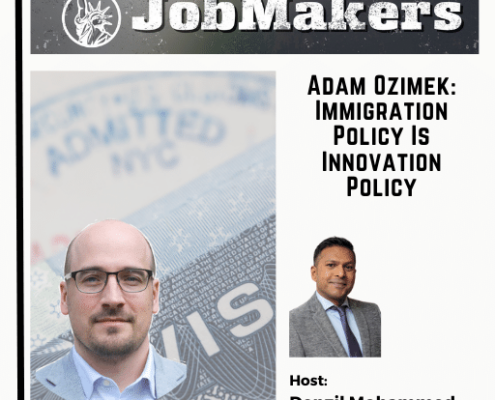
Adam Ozimek: Immigration Policy Is Innovation Policy
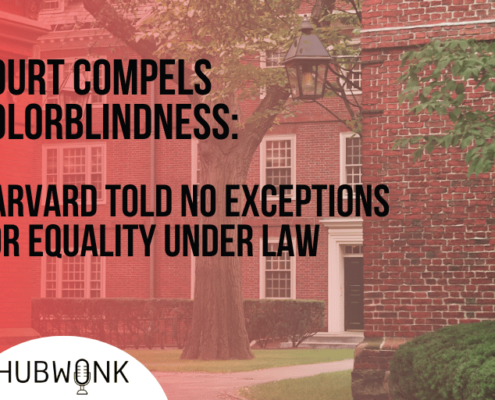
Court Compels Colorblindness: Harvard Told No Exceptions for Equality Under Law

Pulitzer Winner Stacy Schiff on Samuel Adams & American Independence

Pioneer Study: Every Student Succeeds Act Not Meeting Needs of All Students

Cara and Gerard on Their Time with The Learning Curve
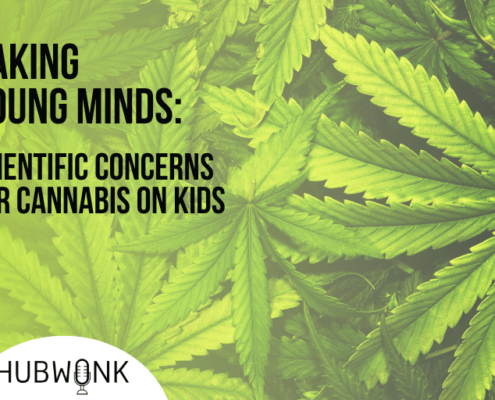
Baking Young Minds: Scientific Concerns for Cannabis on Kids
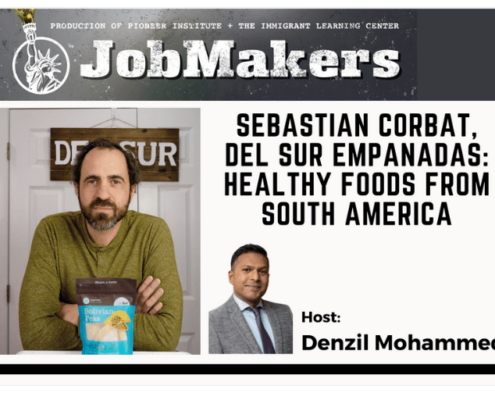
Sebastian Corbat Brings Us Healthy Foods ‘From the South’
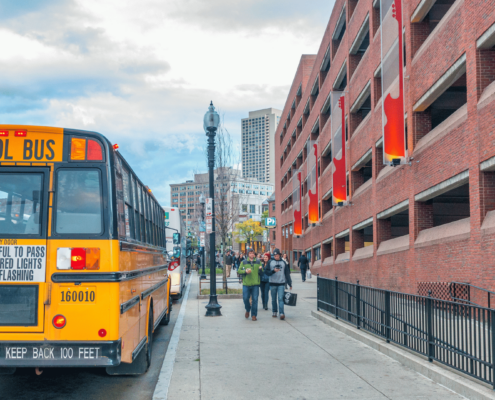
Study: Update Finds Boston Public Schools Making Slow, Uneven Progress

Becket Fund’s Eric Rassbach on Religious Liberty & American Schooling
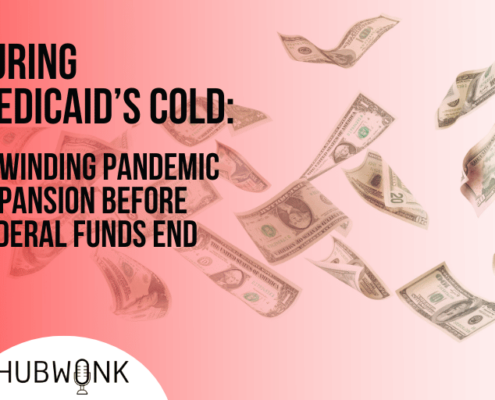
Curing Medicaid’s Cold: Unwinding Pandemic Expansion Before Federal Funds End

PRI’s Lance Izumi on Charter Schools & School Choice
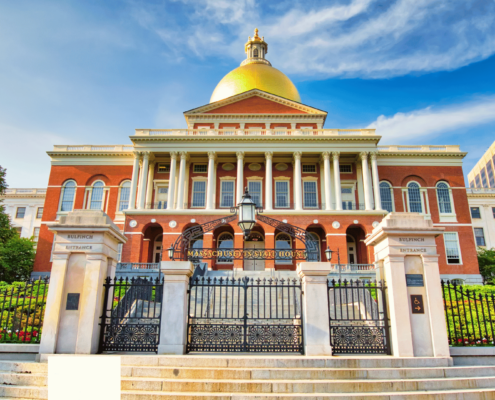
Senate Tax Package Misses the Mark on Competitiveness
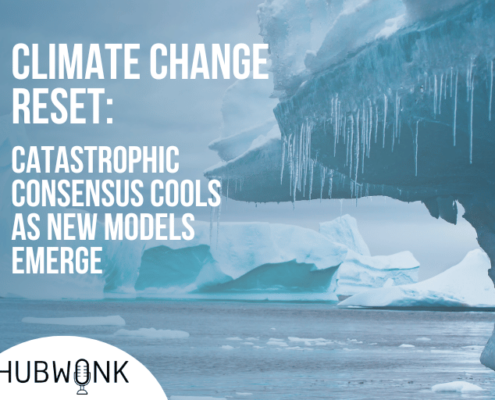
Climate Change Reset: Catastrophic Consensus Cools As New Models Emerge


